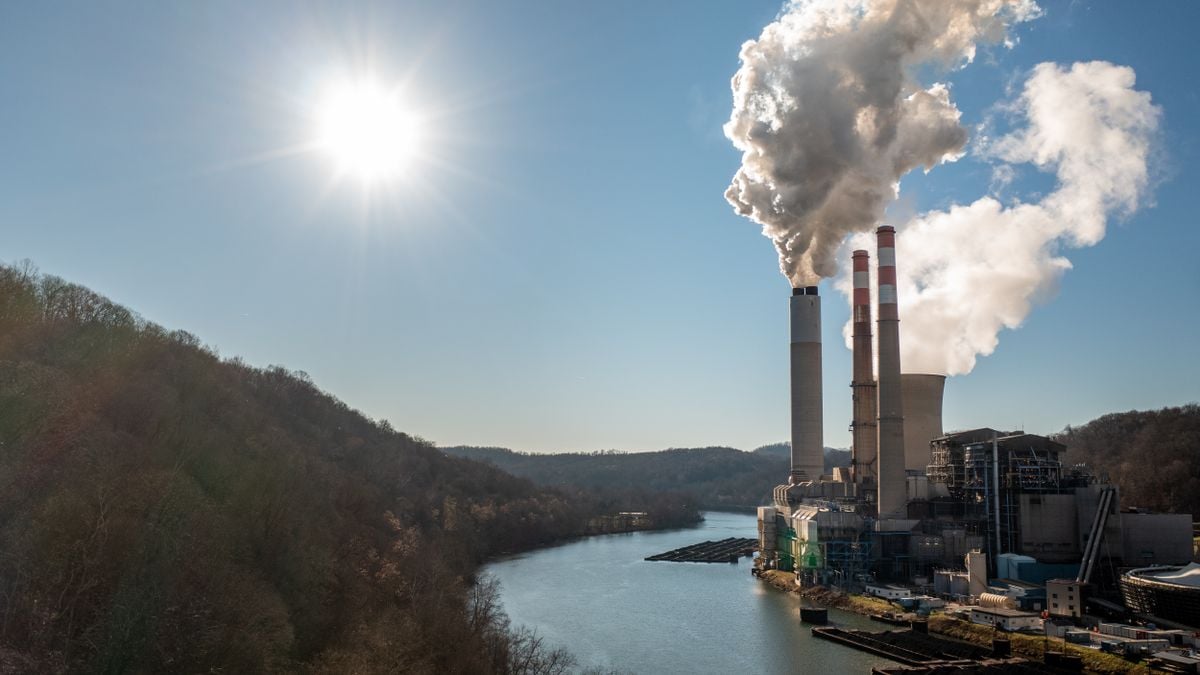 Dive Brief:
Dive Brief:The world is likely to breach a critical global warming benchmark — temperatures rising 1.5 degrees Celsius above preindustrial levels — sometime after 2030, according to a report released Monday by the United Nations’ Intergovernmental Panel on Climate Change, known as the IPCC.
Limiting temperature rise to 2 degrees Celsius and avoiding the worst impacts of climate change is possible with a rapid rollout of clean energy technologies and shift from fossil fuels, experts say. “Proactive and collaborative planning is needed across all sectors,” according to Steven Rose, principal research economist for the Electric Power Research Institute and a review editor for the IPCC’s report.
For the electric sector, demand-side management technologies could play a major role in managing greenhouse gas emissions, the IPCC found. Widespread electrification could add 60% to electricity demand by 2050, according to the report, but the increase could be “avoided through demand-side mitigation options.”
Dive Insight:
To be clear, the IPCC report concludes avoiding a 1.5 degree Celsius rise in temperatures is not impossible but would require “immediate action” that results in “deep global GHG emissions reductions this decade.”
The synthesis of the IPCC’s Sixth Assessment Report summarizes key conclusions for policymakers and will be used at the U.N. Climate Change Conference in December, when countries will assess progress made to limit global warming to below 2 degrees Celsius, in line with the Paris Climate Agreement.
The report considers a range of approaches, scenarios and technologies, including: transitioning away from fossil fuels; adding renewables, nuclear, hydropower and other non-emitting electric resources; carbon capture technologies; energy storage; improved efficiency; demand-side management techniques; and transitioning to electric transportation.
“Evaluating, identifying, and developing climate change mitigation and adaptation strategies — while pursuing and balancing society’s many priorities — is key to managing climate and transition risks,” Rose said.
“The sobering takeaway of the report is that we are headed to exceed 1.5 degrees of global warming within the next decade,” said Ceres CEO and President Mindy Lubber. “However, the world’s leading scientists also tell us in the same report that we have the power to avert more catastrophic damage.”
“This is the stone cold truth laid out in unassailable science by the world’s top climate experts,” said Manish Bapna, president and CEO at the Natural Resources Defense Council. “We’re hurtling down the road to ruin and running out of time to change course.”
For the electric sector, the IPCC report identifies demand-side management technologies as a key to eliminating greenhouse gas emissions. Widespread electrification of energy end uses will drive global electricity demand 60% higher, relative to a 2050 baseline. But demand-side management could cut the baseline by up to 73% according to the report.
Demand-side approaches used could include efficiency and conservation, changes to consumer preferences and the use of service alternatives, Rose said.
“The cost-effectiveness of these strategies would need to be evaluated and would vary by location and would need to consider other drivers of demand, such as population and economic growth,” he said in an email.